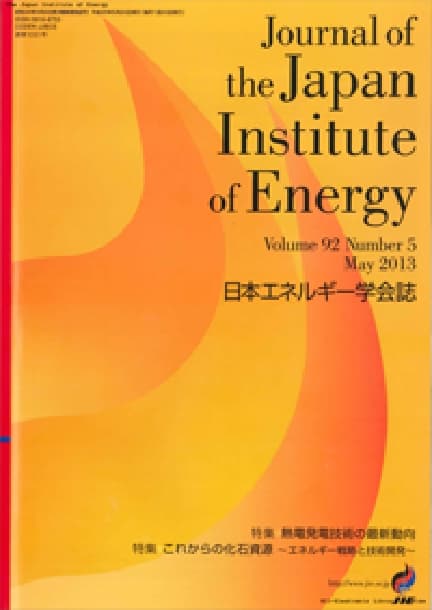Studies on Fuel Savings and NOx Reduction in Oxygen Enriched Air Combustion (I)
Makoto NISHIMURA, Mamoru SUYARI, Tomio SUZUKI, Toshimi TAKAGI
pp. 321-328
DOI:
10.3775/jie.79.321Abstract
The combustion with oxygen enriched air has a potential of the fuel savings and the consequent reduction of carbon dioxide emission. The fuel savings were examined by the enthalpy of equilibrium state in case of oxygen enriched combustion. The fuel consumption in case of 30-40% oxygen enriched air is reduced by 20-30% as compared with the case of 21% oxygen air. However, NO emission increases with the enrichment of oxygen in the air. The effect of oxygen enriched air on NO emission in the methane premix flame was numerically analyzed with detailed chemistry for the equivalent ratio of 0.5-2.0 The results revealed that the low NOx combustion with 30% oxygen enriched air can be achieved in case of the fuel lean (φ<0.6) or fuel rich (φ>1.5) condition. It was also shown that the burning velocity with oxygen enriched air is considerably high even at the fuel lean and fuel rich condition.
Readers Who Read This Article Also Read
Journal of the Japan Institute of Energy Vol.79(2000), No.8
Journal of the Japan Institute of Energy Vol.79(2000), No.5
Journal of the Japan Institute of Energy Vol.79(2000), No.9










